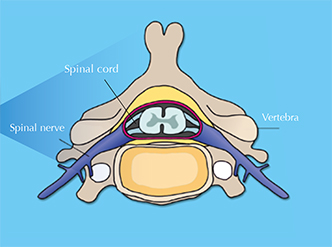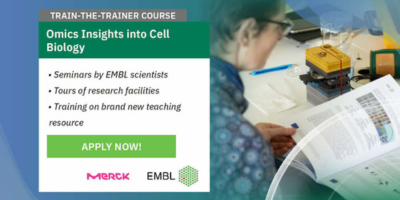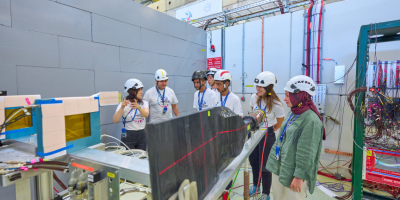
Understand
Explore cutting-edge science and real-world applications.

We cover a wide range of scientific topics and many articles are additionally available as translations in different European languages.

Explore cutting-edge science and real-world applications.

Discover projects, people, and resources.

Find ideas and teaching materials for classroom activities.
Articles from previous issues

Traduït per Jordi Salat. Marco Martucci explica a Eleanor Hayes què té en comú l’ensenyament de ciències i el…

Traduït per Aina Pi Roig. La pell del tauró està adaptada per a nedar d’una forma energèticament eficient de notables maneres, algunes de les…

Traduït per Alicia Pérez. La lesió de medul·la causa habitualment paràlisi permanent i normalment no té cura. Podria la teràpia amb…
Discover free events and activities offered by the EIROforum members and other non-profit groups.

EMBL's Science Education and Public Engagement team invites European STEM educators to attend a free course on ‘Omics Insights into Cell Biology’. Taking place in Heidelberg, Germany, on 18-20 March, the course offers seminars and hands-on training.

The pre-registration process for Beamline for Schools 2025 is now open! Pre-registered teams can join a series of preparatory online events.
Do you have an engaging classroom activity to share with other teachers? Is there an interesting scientific topic that you could explain to STEM teachers and their students? We welcome submissions from teachers and scientists.
Would you like to help ensure that our content is interesting, inspiring and useful to STEM teachers? Consider joining the Science in School teacher reviewer panel. There is no obligation; just send us an email to express your interest.
If you find an article interesting or useful, perhaps you'd consider translating it into your native language? This really helps to increase the reach of our content so that as many teachers as possible can benefit from it.